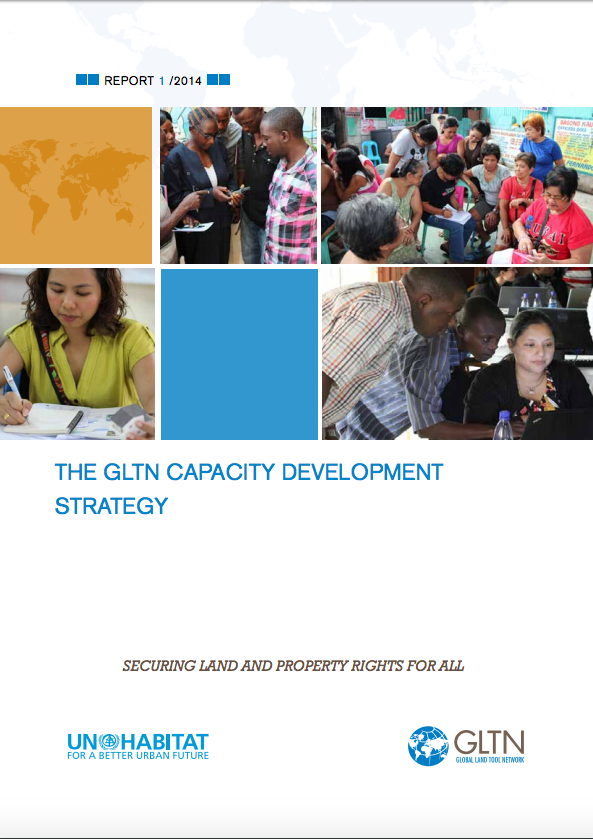Resource information
The challenge of capacity development is one of the most difficult areas for individuals and institutions working to improve the livelihoods and security of the world’s poorest people. This challenge deeply affects the implementation of projects, programmes and activities, and the ability to sustain them or to build on and take them further. Effective, long-term capacity cannot be developed easily, haphazardly, or quickly. Until recently, developing capacity was seen mainly as the transfer of knowledge and skills from the "experts" to development partners; the word it has most often been equated with is "training". A welcome shift from this perspective is underway. Capacity development is increasingly recognised as a complex process that requires an integrated approach, designed to deal with particular situations in a comprehensive manner.
An important part of this recognition is that successful and sustainable implementation depends on multiple factors, including the social and political context in which it occurs, the structure and influence of the various organisations and individuals involved, ownership of development ideas and aims, the priorities on the ground, and the extent of existing leadership abilities, skills and commitment of the people involved.


